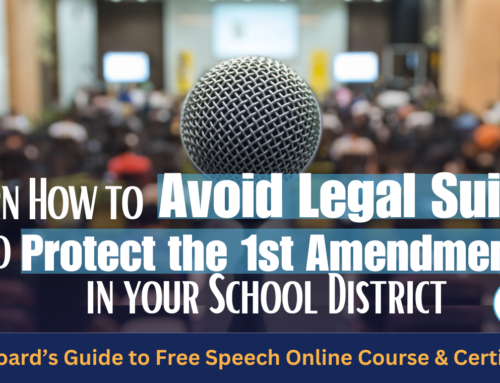
Parents are begging for more transparency and influence in schools as they continue to be troubled by what their kids are learning. So, states across the country are now answering their pleas by creating parental rights bills.
One of those states is Maryland, where State Senator Justin Ready cosponsored a bill that says a parent has “the fundamental right to direct the upbringing, education, care, and welfare of the parent’s child.” The bill prevents the state from interfering with that unless they “can demonstrate clear and convincing evidence [of] certain factors” showing parental abuse.
Many parents have expressed concern over the mature content their children are exposed to in schools, with some saying the school has hidden their child’s gender identity.
Ready was inspired to propose the bill after learning that children could receive mental health counseling without parental consent. He’s also concerned with a separate bill that would allow students as young as 14 to receive vaccinations without their parents’ permission.
“We’re seeing sort of a disturbing trend of government thinking it knows best, and we want to be sure that it’s very clear that it’s a fundamental right of a parent to direct their children’s upbringing,” said Ready, who’s the minority whip in the Maryland Senate.
“It’s a very simple bill, it should not be controversial,” Ready continued. “It’s what we all know to be true about parents and their role.”
The bill, which has a hearing on March 15, has gotten the endorsement of a local Maryland Moms for Liberty chapter chair, Kit Hart.
“We have seen a rapid deterioration of parental rights in our schools and health care settings and this legislation is necessary to make it abundantly clear that parents have the fundamental right to direct the upbringing of their children without interference from the state,” Hart said. “This bill should garner support from both sides of the political aisle as we seek to protect the rights of all parents.”
Parental rights bills, specifically with a focus on schools, have sprung up following Florida’s Parental Rights in Education law. The law, which critics have called the “Don’t Say Gay” legislation, is designed to allow parents to make fundamental decisions for their children. It prohibits classroom discussion on gender identity or sexuality from kindergarten until third grade.
“Parents’ rights have been increasingly under assault around the nation, but in Florida we stand up for the rights of parents and the fundamental role they play in the education of their children,” said Florida Governor DeSantis at the time. “Parents have every right to be informed about services offered to their child at school, and should be protected from schools using classroom instruction to sexualize their kids as young as 5 years old.”
There have been repeated legal attacks against the Florida law, which have recently fallen flat. However, in Virginia, a number of parental rights bills were blocked in the state’s Senate. These bills were meant to allow parents to opt their kids out of presentations given by outside groups at schools and enable more parental involvement in vetting library books.
“As was pointed out in testimony, our school divisions already have the authority to identify materials that may be deemed objectionable,” said State Senator Ghazala Hashmi, who opposed the bill. “We have two county school divisions that have already moved to remove some books. Our local school divisions have this authority and they are already doing it.”
Hashmi also expressed concern that such bills would start “forced outing” of students to their parents, which may not be a safe situation for the kids.
Yet, Virginia Governor Youngkin has made it a point to advocate for parents’ rights in education. He’s signed an executive order to “empower Virginia parents in their children’s education and upbringing” along with eliminating previous policies that allowed students to hide changes to their names or pronouns.
Several other states are working on legislation to allow parents more of a say in their child’s education, including Arizona, Georgia, Idaho, Indiana, Iowa, and Kentucky.
Learn more about why transparency in schools is important.




